Not every would-be entrepreneur has deep pockets, or rich friends and family, to get their business started. Indeed, most small businesses are started on the cheap. Here are some tips on how to start your venture with minimal cash.
SE: Empowering Mission-Driven Entrepreneurs (Marc Lane)
Marc Lane, arguably the most prolific writer in the social enterprise sector, last year wrote another one of his useful books, entitled: Social Enterprise: Empowering Mission-Drive Entrepreneurs. It’s a good book to glance through, and even more important, to have nearby on your bookshelf for when you have a legal question about social enterprise. For a lawyer, he writes pretty well — which is high praise!
Continue reading “SE: Empowering Mission-Driven Entrepreneurs (Marc Lane)”
Life Cycle Financing Options
When you’re looking for financing, it may seem that anything will do. However, depending on the life cycle stage of your venture, some forms of financing are better than others. You want the right kind of capital for the needs of your business at that point in time.
Why Complaints Are Gifts
Let’s face it; it’s no fun when someone complains. Some people, the saying goes, just like to complain. Best to give them what they want and send them away, right? Not really. Complaints can provide such valuable market feedback that you’ll want to include strategies in your business plan for dealing with them. Most of the time, when customers complain, there’s a germ of truth — and useful information — in what they say.
My father-in-law, a former business executive of a large communications company, says his company viewed complaints as invaluable market information that was often more useful than focus groups, and MUCH cheaper. Customer feedback is how you build your business.
Public Administration and the Impact Economy
The following blog was written by guest blogger Cyndi Laurenti:
The economic struggle the U.S. is facing today isn’t simply a matter of a few bad business decisions; for too long business practices have marginalized and preyed on their market base. The quest for corporate profits has caused similar degradation of social systems and the environment, creating a weakened infrastructure that has difficulty recovering from major catastrophes like the subprime mortgage crisis.
Continue reading “Public Administration and the Impact Economy”
Business Plan in A Weekend?
There’s been a fair amount of interest lately in how to write your business plan quickly, say in a weekend. The most well-known is called Startup Weekend, which promises to turn strangers into teams with a completed business plan in an intensive 54-hour weekend marathon. Is this a good idea?
There’s also a new book, Startup Weekend: How to Take a Company From Concept to Creation in 54 Hours, that provides some useful information but is largely a sales tool to get readers to sign up for a Startup Weekend.
State of Social Enterprise: 2012
Following President Obama’s State of the Union speech last week, we thought this would be a good time to evaluate the state of the social enterprise sector. So here is the npEnterprise Forum’s official, revised* State of the SE Sector 2012 address.
Emerging Private Sector SEs
Private sector SEs are now gaining momentum and recognition. Truth be told, the private sector started thousands of social enterprises in the ‘70s, ‘80s and ‘90s, long before a large number of nonprofits “discovered” the field in the ‘90s. Today, there’s a return to the private sector, as many social entrepreneurs prefer the legal flexibility and access to capital found in for-profit business models. We’re also seeing new strategies and partnerships between the sectors to build on each other’s strengths.
SE Surge on Campus
SE has become a “hot” academic topic, with an explosion of courses and degree programs in social enterprise and related topics, including social innovation and social entrepreneurship. Last year, we created a list of graduate school SE programs; today, more programs could be added to list, including many at the undergraduate level.
SE Gets Younger
As SE becomes more mature, the practitioner is getting younger. That’s a good thing, on campus and elsewhere. Many young people are graduating today with a strong desire to start their own social enterprises rather than work for a corporation. And going even younger, there are programs like SAGEGlobal, which works with high school social entrepreneurs in 21 countries.
The Resurgent Practitioner
While the modern SE movement was founded and initially propelled by consultants, it is now being driven more and more by SE practitioners. Sure, consultants, lawyers, and academics have an important role to play in this work (and, hey, I’m one of them), but the SE movement needs to be about SEs, not service providers or anyone else. The good news is that things are moving in that direction. For the first time in its history, Social Enterprise Alliance now has a practitioner as its CEO. Here in the Rockies, SEA Colorado requires a majority of practitioners on its board, as is its chair and vice-chair. Most SEA chapters include a healthy mix of practitioners in their leadership teams. Similarly, a number of recent SE books have been written by practitioners.
Mapping The Sector
New efforts to catalog the sector are emerging, in ways designed to drive sales to existing SEs. In previous blogs, I’ve written about Buy With Heart, the online guide for Rhode Island, the SE Dining Map, and the Directory of SE Directories. There is also now an initial map of Colorado SEs. This new focus on driving sales, by increased visibility and ultimately by attracting corporate and government contracts, is designed to increase sustainability and growth of existing SEs, as well as encourage new ones to form.
Global Movements Gets Local Boost
There is now much more going on with SE at the local level than just a few years ago. There arethirteen SEA chapters across the US, with more on the way. Each one is bringing together local social enterprisers, academics and support providers, to build communication networks and share information among existing SEs and to encourage the creation of new SEs. Similarly, SEA is planning a series of local conferences in 2012, rather than one-big Social Enterprise Summit.
Less Rhetoric, More Market-Focus
One thing I’ve noticed in the workshops I’ve presented recently is an increased understanding that SE’s need to compete in the marketplace like any other business. That they must be approached with the same kind of flexibility and market-savvy that private sector companies have to carry out every day to survive let alone prosper. Mission does not sell products; only good products can do that. Also, I’m hearing less hyperbole about SE replacing the need for grants (for nonprofits), but rather as a strategy to increase impact and gain greater sustainability.
Hybrid Organizations
There are now more and more L3C’s and for-benefit corporations, with some of them having years of experience under their belts. While the expected availability of special financing (especially program related investments from foundations) has not been realized so far, these companies are blazing the trail on how private sector companies can focus on both financial and mission bottom lines. They are also writing the book on how to measure social impact, an essential but difficult topic that needs to be addressed to attract investments in the future.
Social Capital/Social Impact Markets
Finally, numerous alternative forms of financing are emerging for social enterprises through social venture funds and crowd sourced financing strategies. Recently I wrote a blog about the proposed Entrepreneur’s Access to Capital Act, which, if approved, would dramatically increase small business access to individual investors. Also, the federal Social Innovation Fund supports social impact markets by funding organizations that actively invest in high-impact solutions to a social problem, including social enterprises. Catalyst Kitchen, for example, is now an Innovation Fund grantee and able to re-grant funds to members of their collaborative. Incidentally, these kinds of collaborative networks (SEA is another one) play a significant and growing role in increasing impact and sustainability of SEs.
[*Special thanks to people who offered suggestions to an earlier version, specifically Jerr Boschee, David Carleton and David Weisberger]
- Copyright © 2012 Rolfe Larson Associates – 15th Anniversary!
- Author Venture Forth! Endorsed by Paul Newman of Newman’s Own
- Read my weekly blogs on Social Enterprise and Business Planning
Why So Many Startups Fail
US Bureau of Labor Statistics research indicates that almost 60% of businesses shut down within the first four years of operation. Why? Most fail for one of these reasons.
Congress Gets Crowdfunding (finally)
You might find this surprising, but last week a bi-partisan US House passed a bill that actually had some substance to it. One that could actually help entrepreneurs and small business owners. Continue reading “Congress Gets Crowdfunding (finally)”
Directory of Social Enterprise Directories
One sign that the social enterprise field is maturing is the emergence of guides and directories. And one sign that the field has a ways to go is a lack of consistency in how to define social enterprise (if they define it at all) or what information they present about each listing. But now there are enough directories in circulation to create a, well, directory of directories, all in one place. This is that place:
Continue reading “Directory of Social Enterprise Directories”












